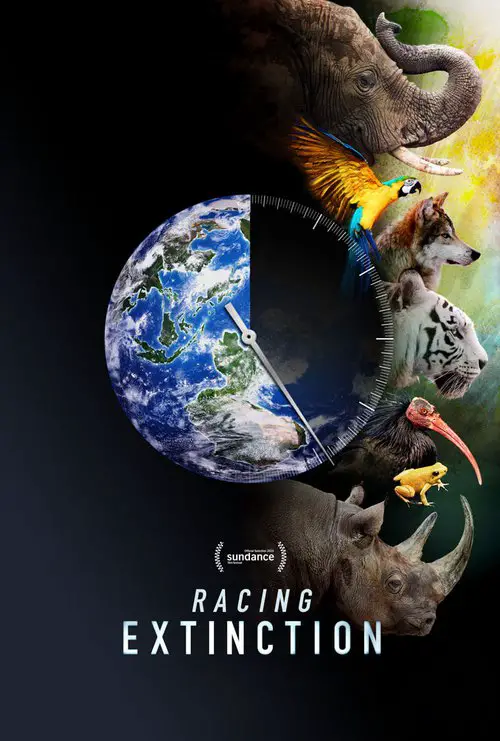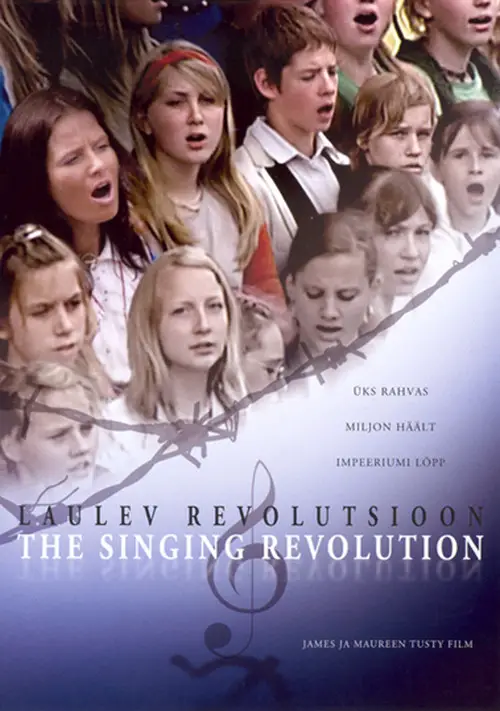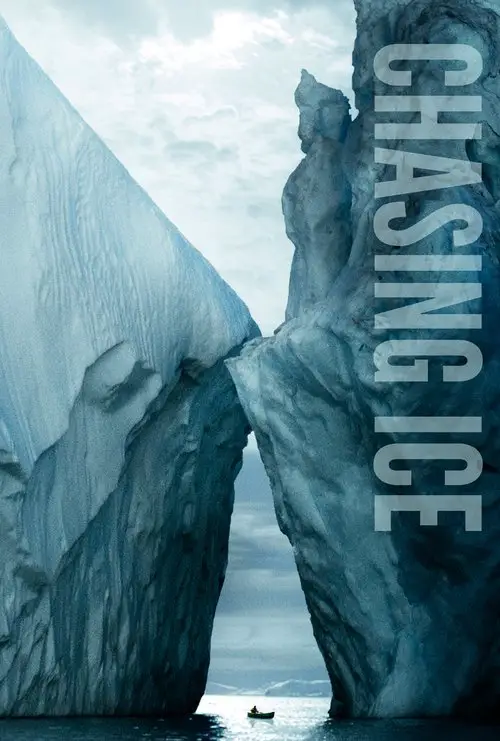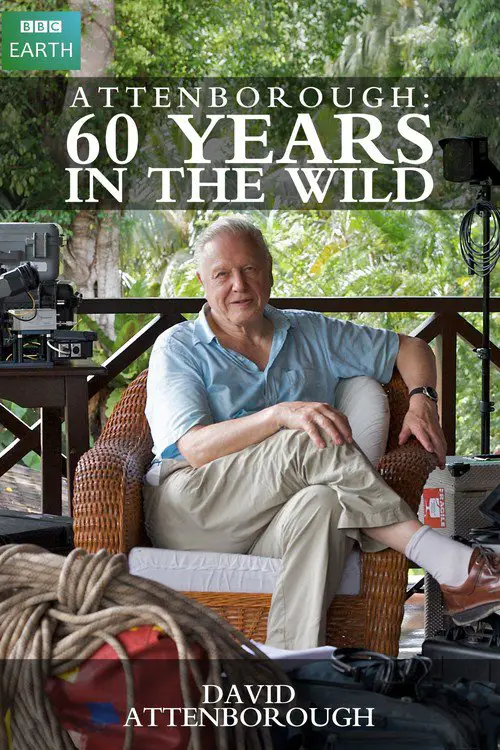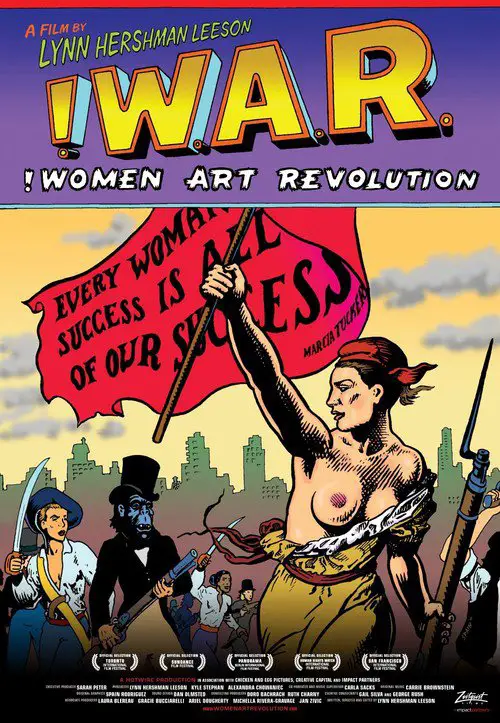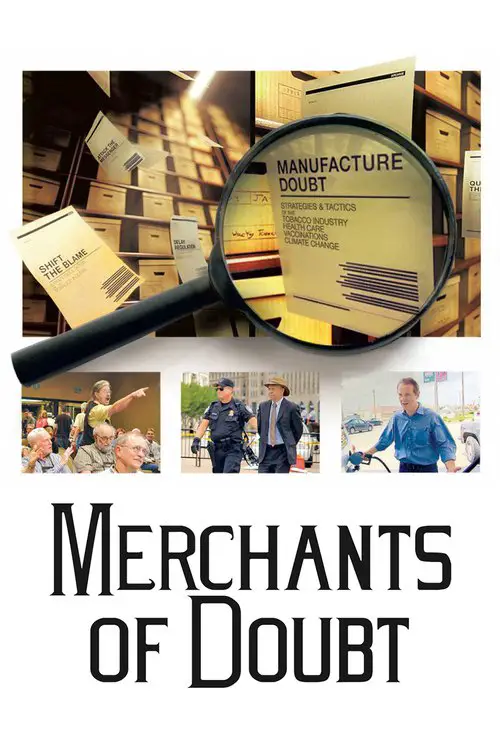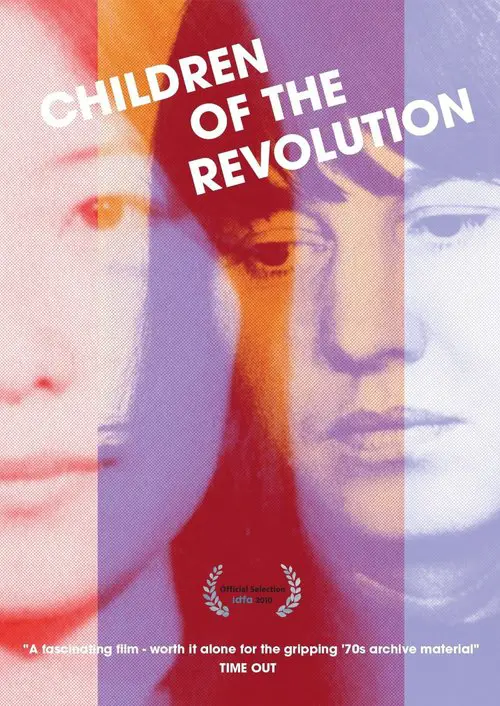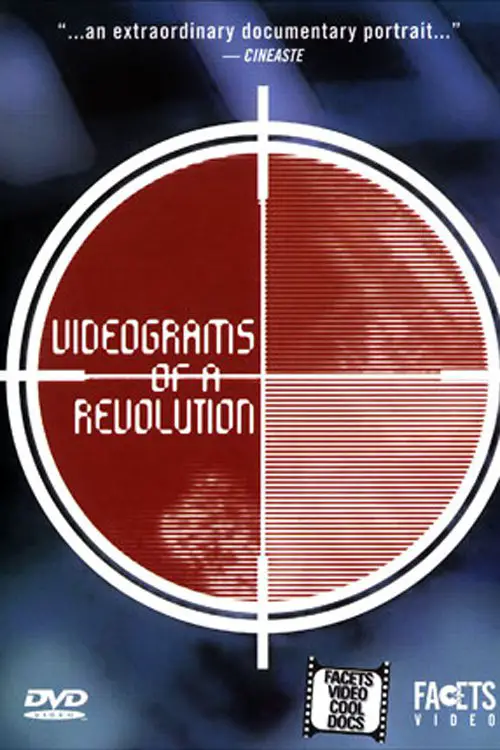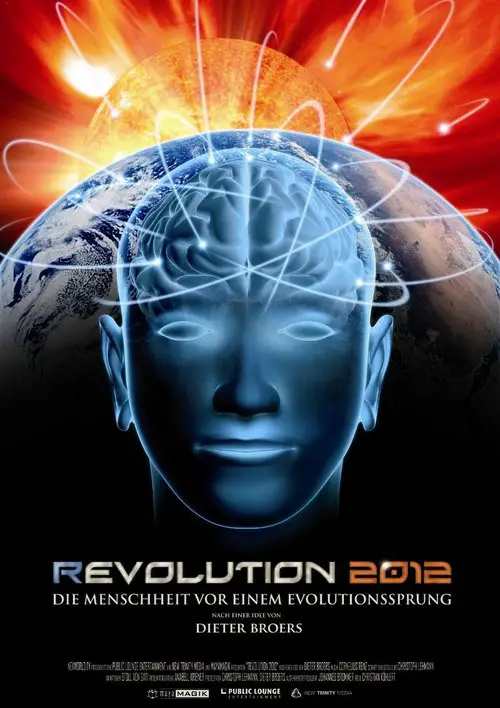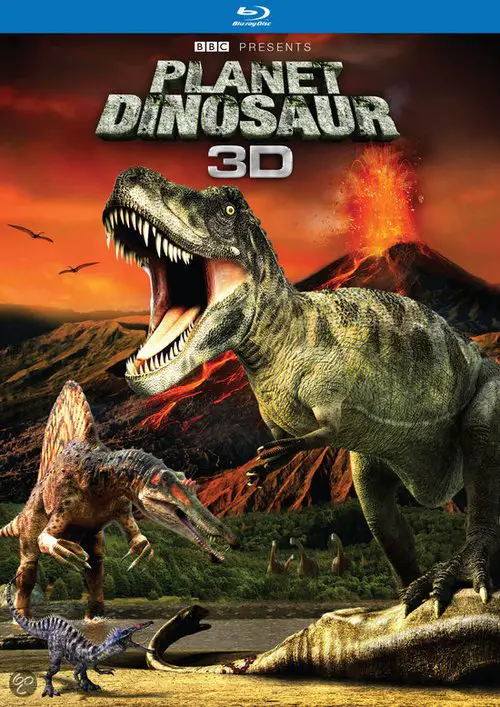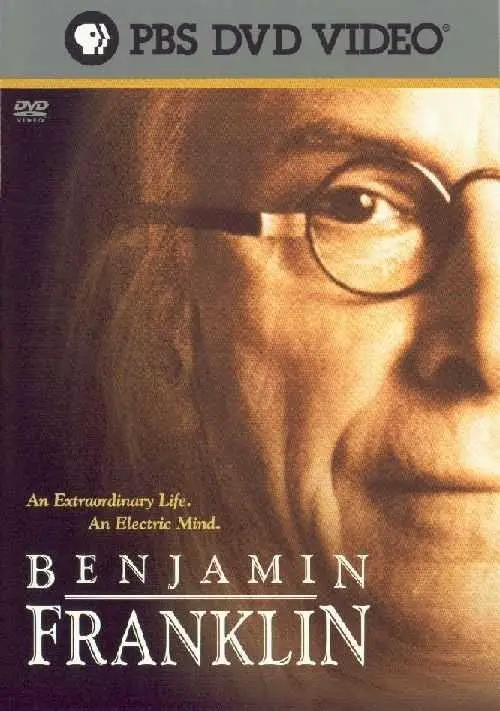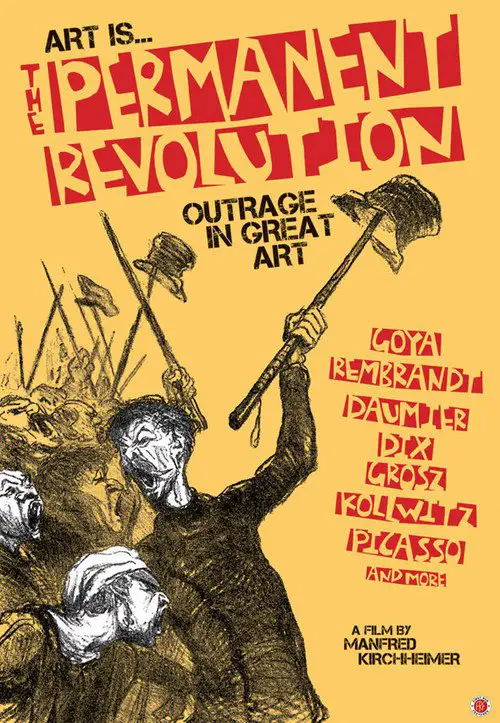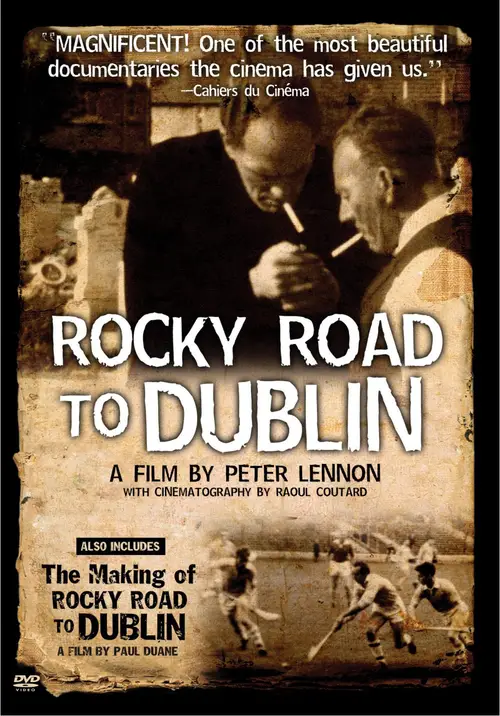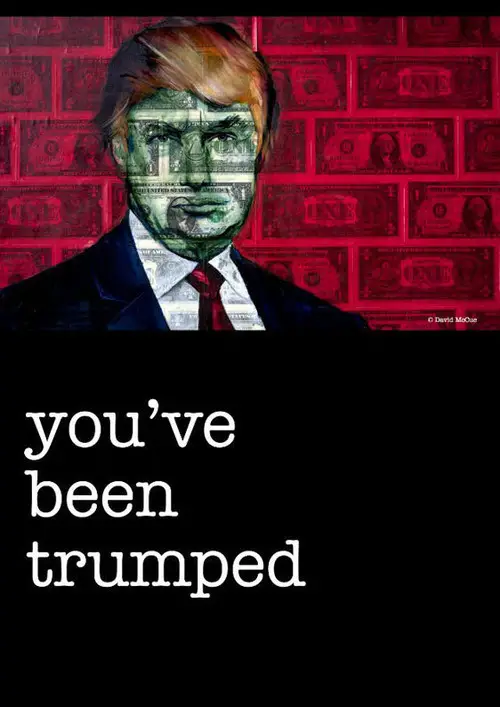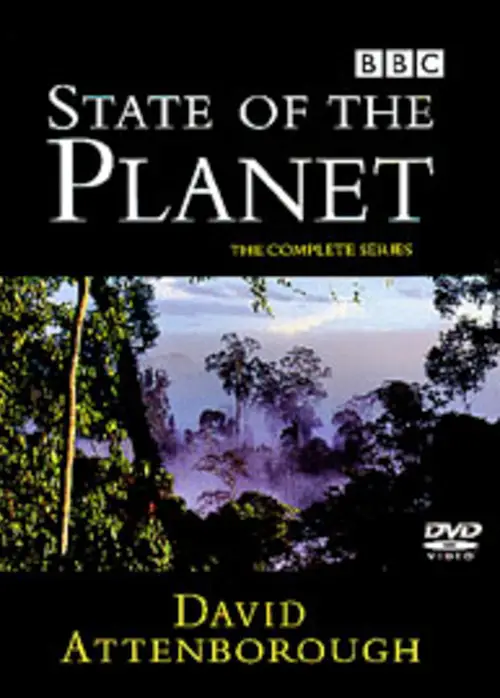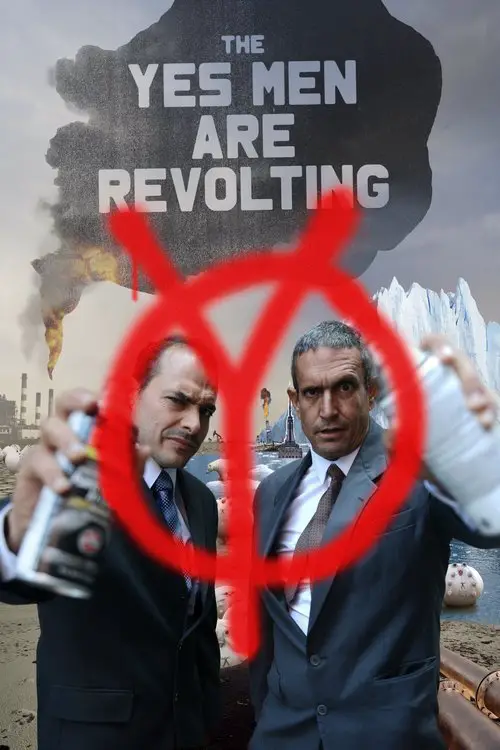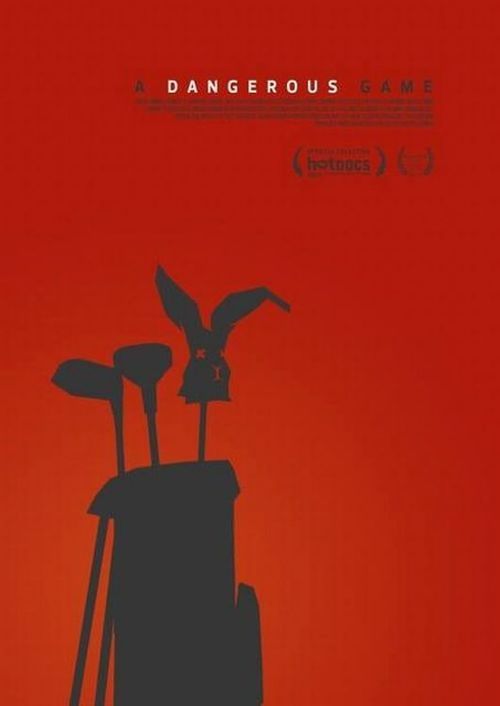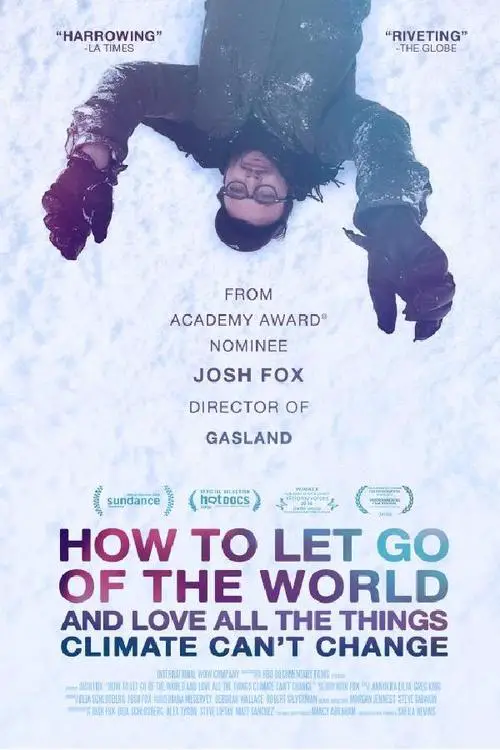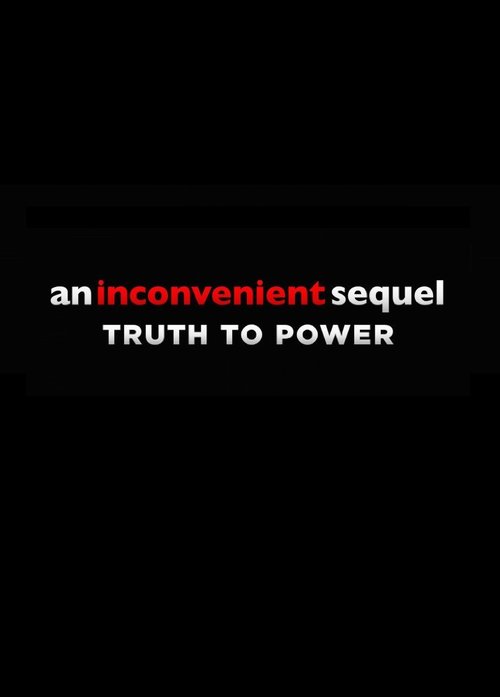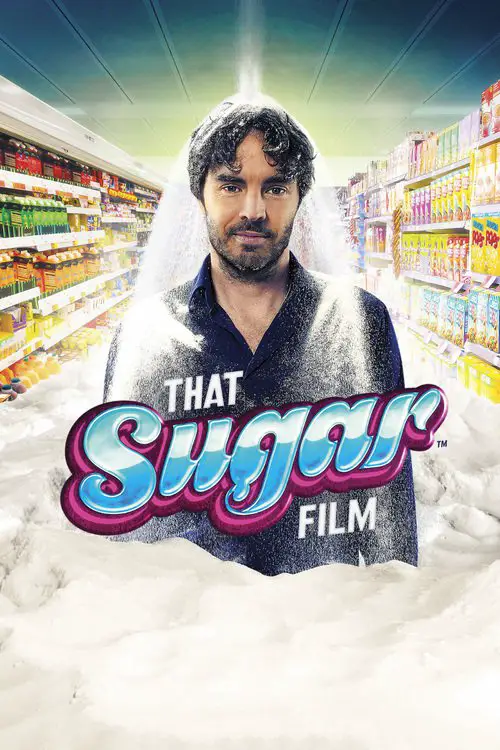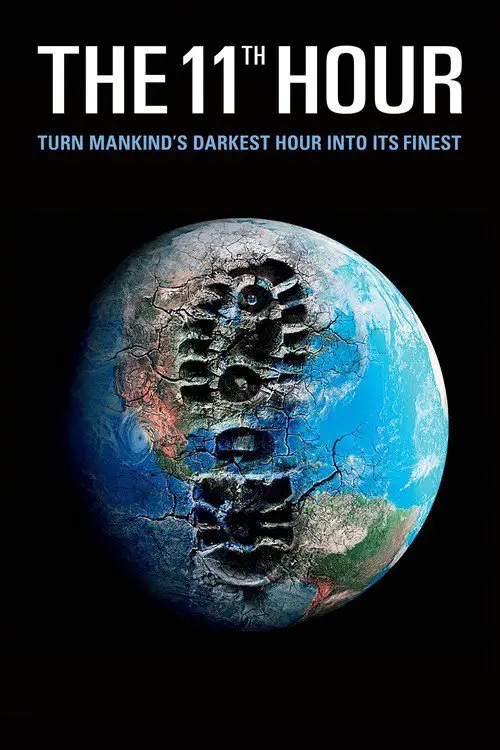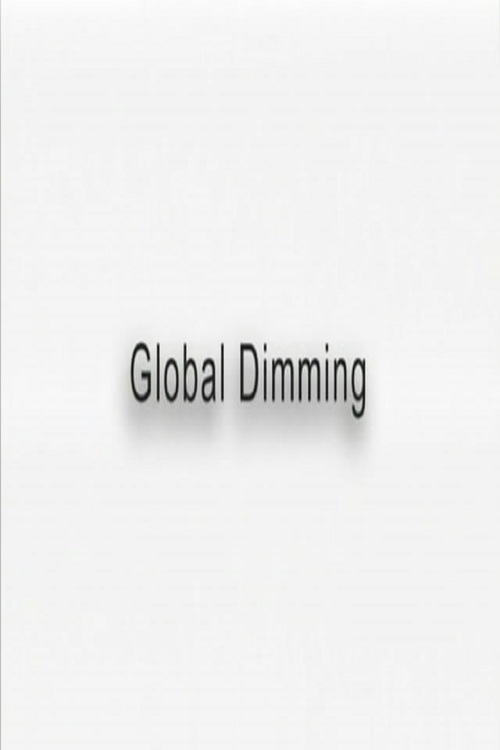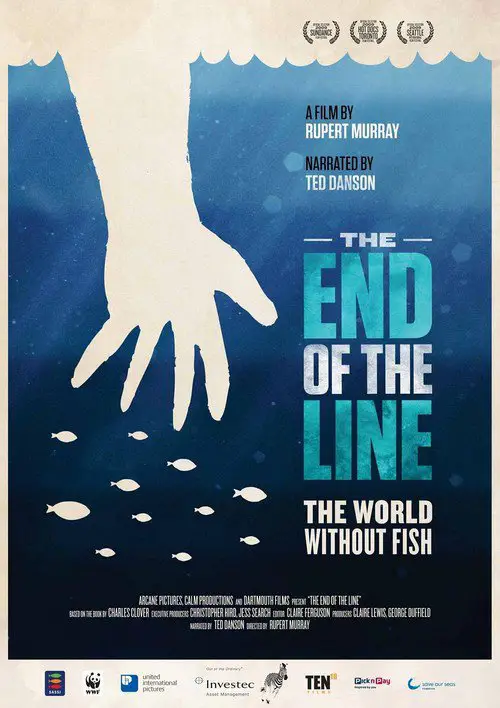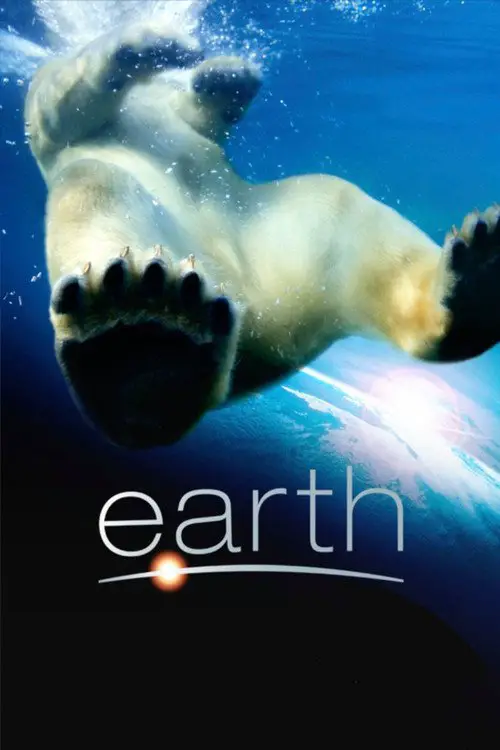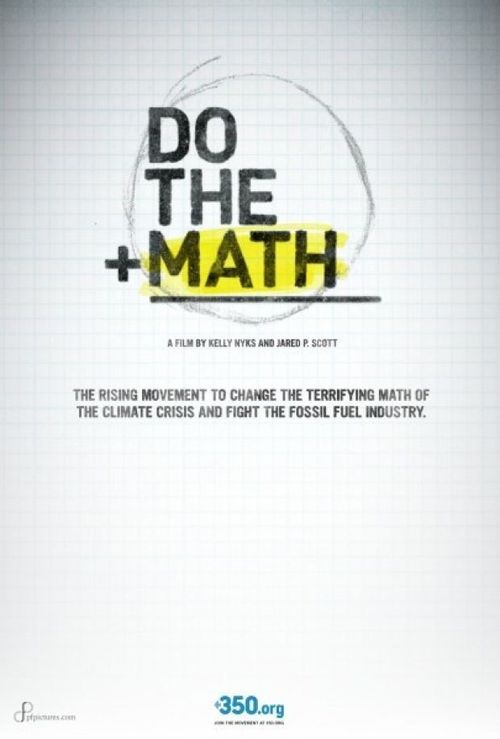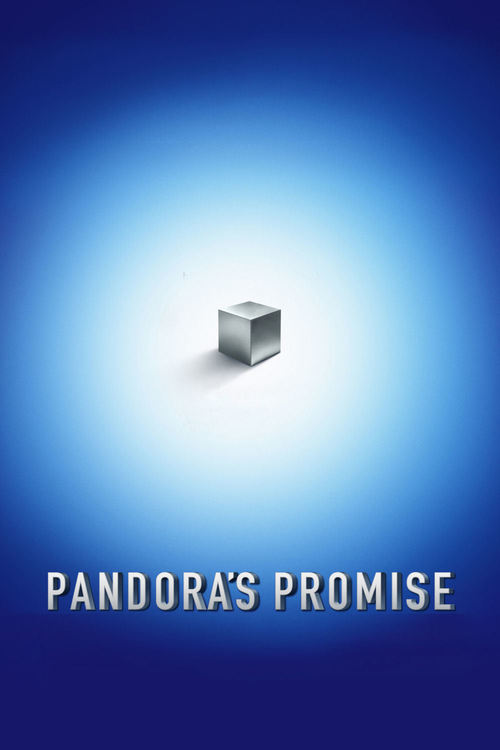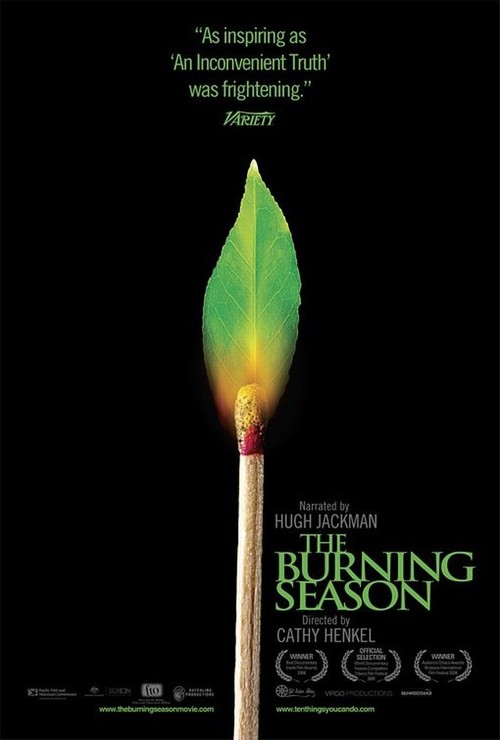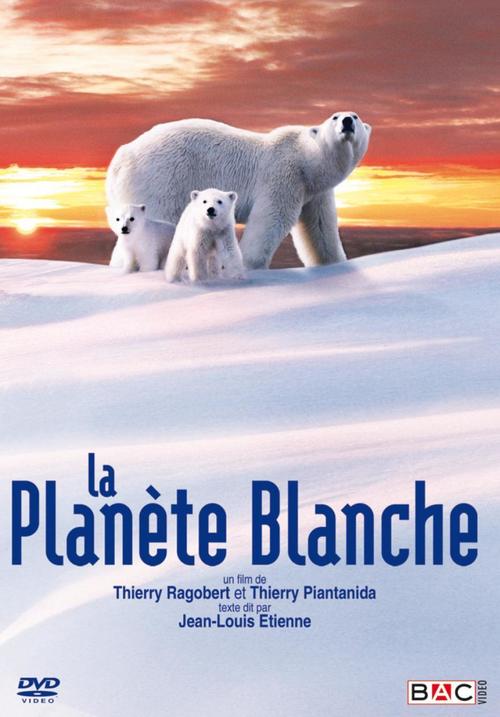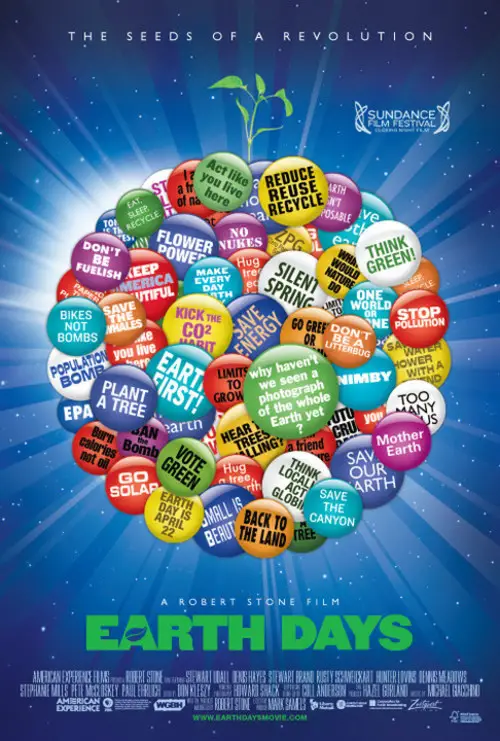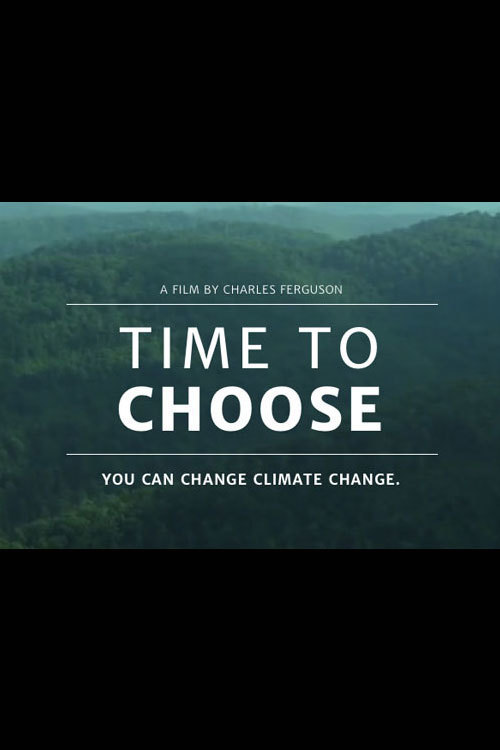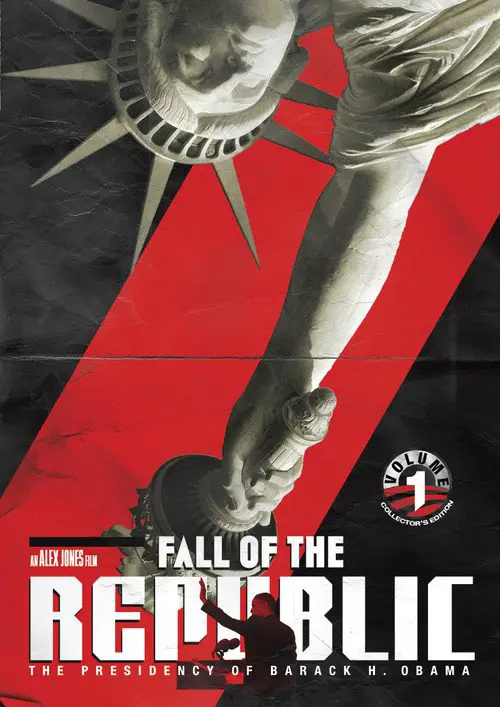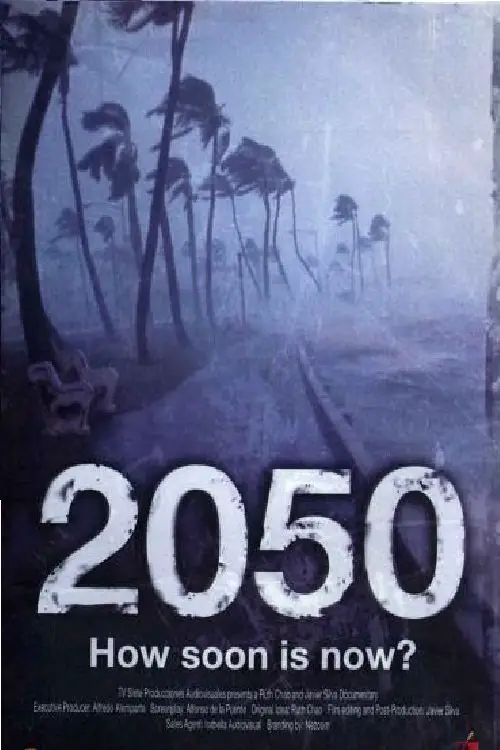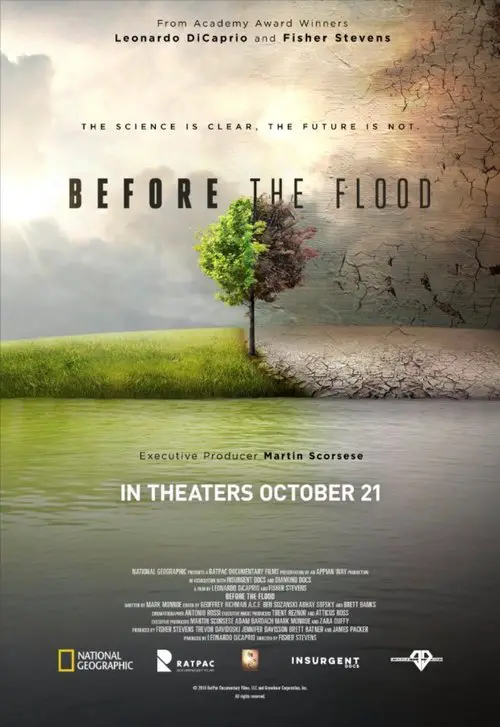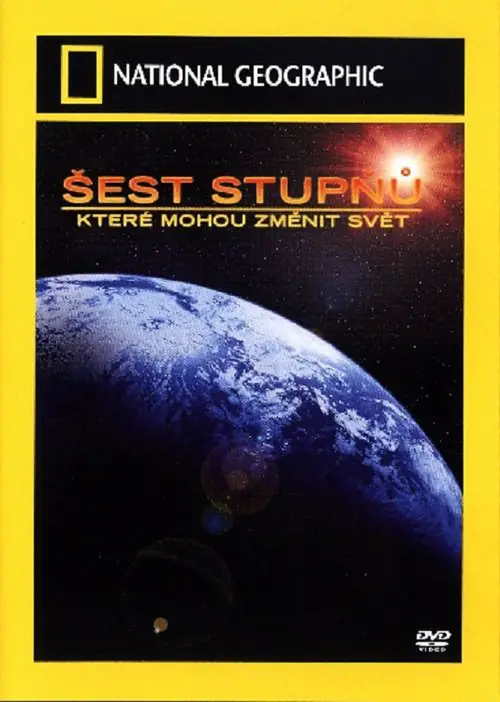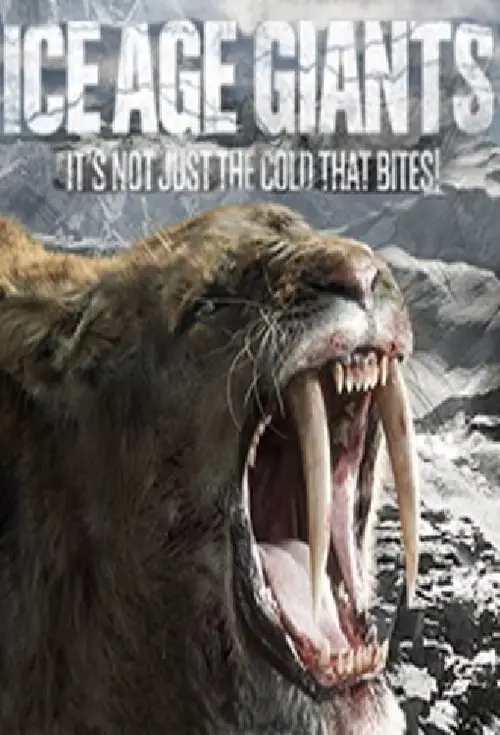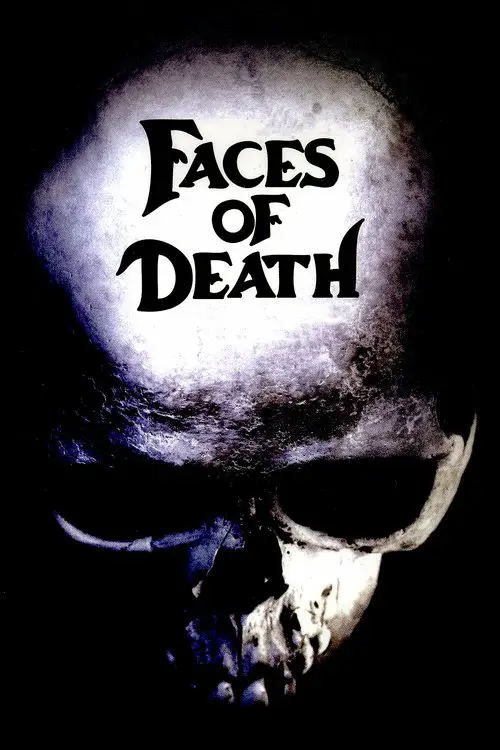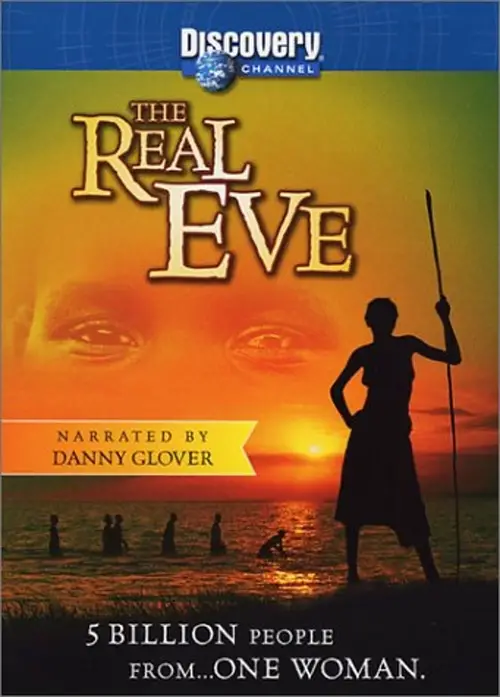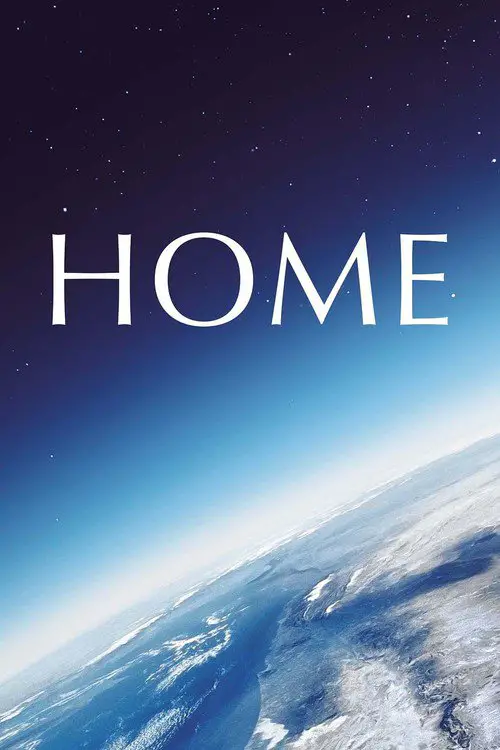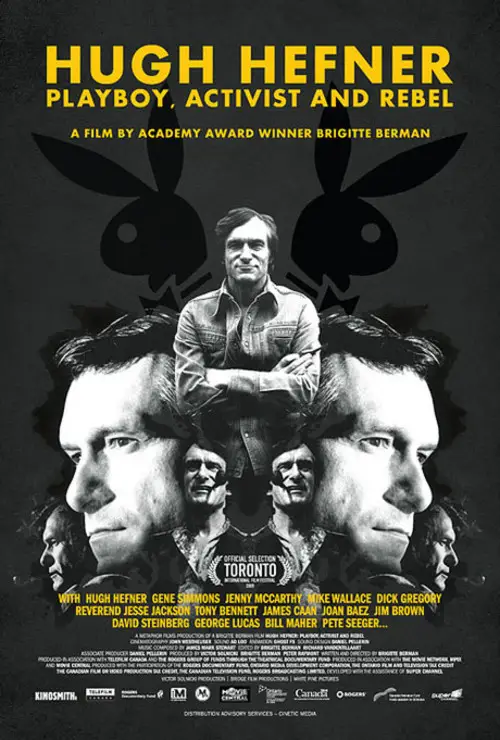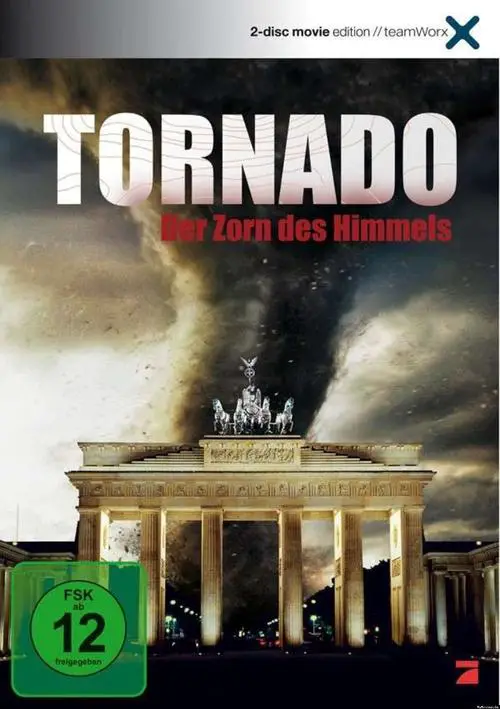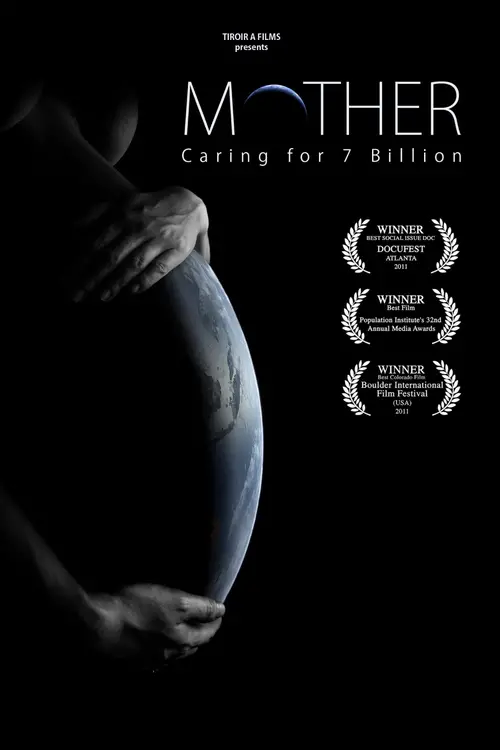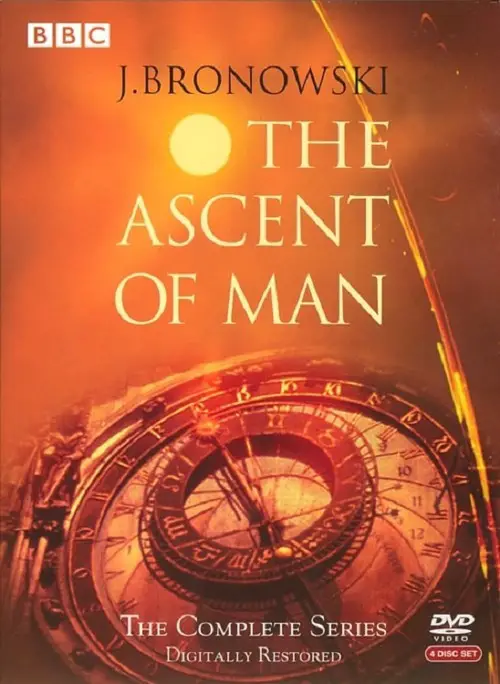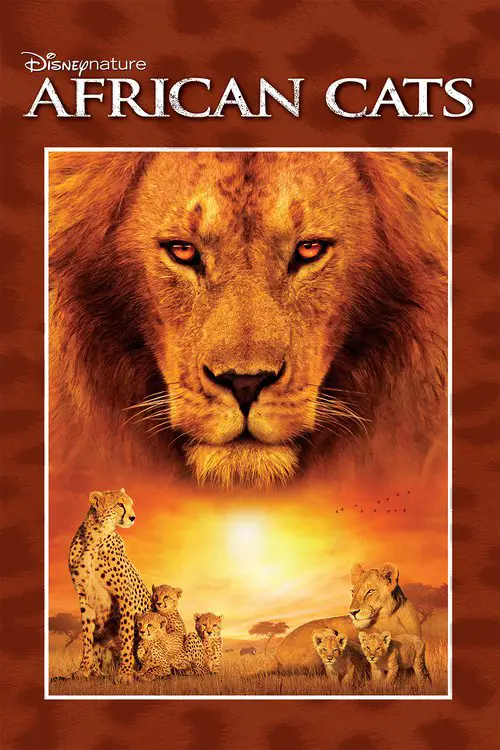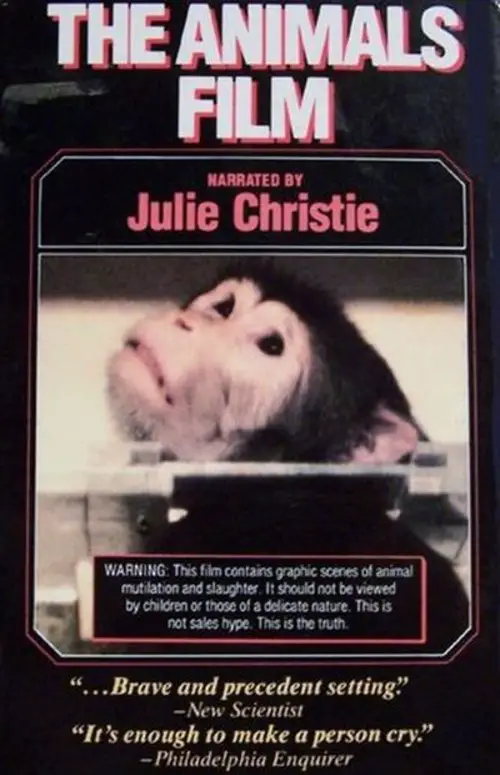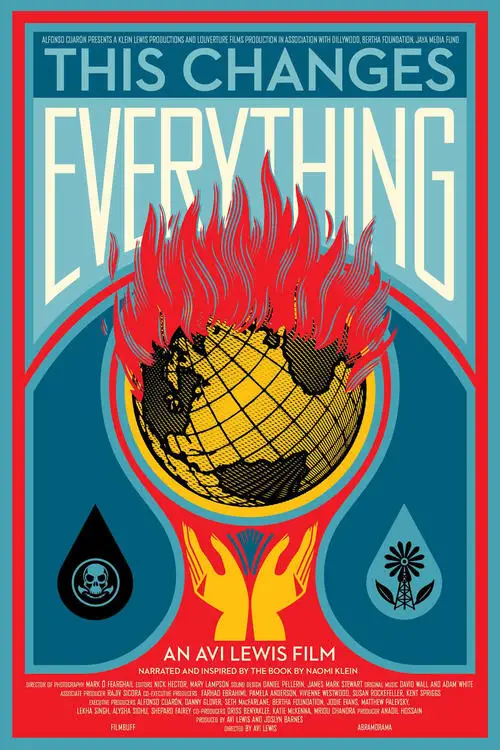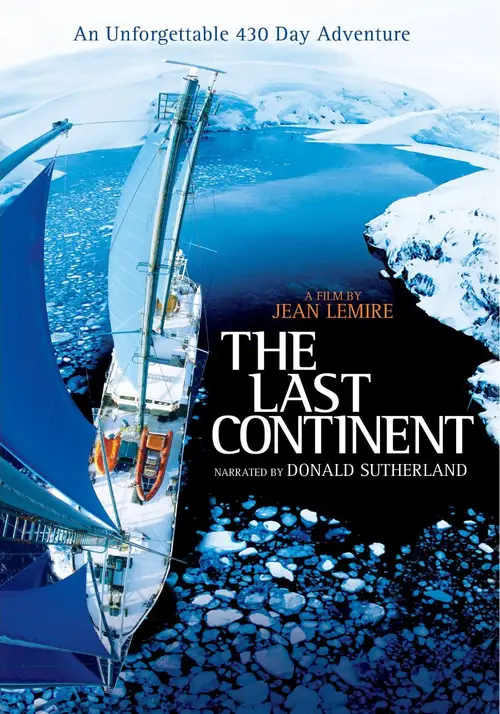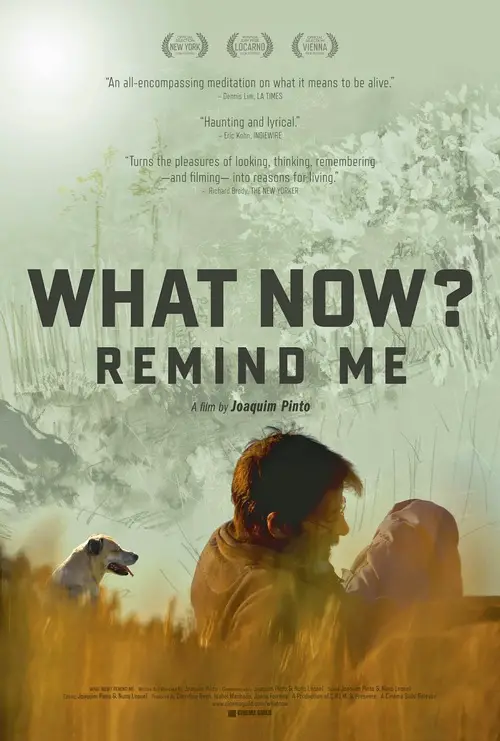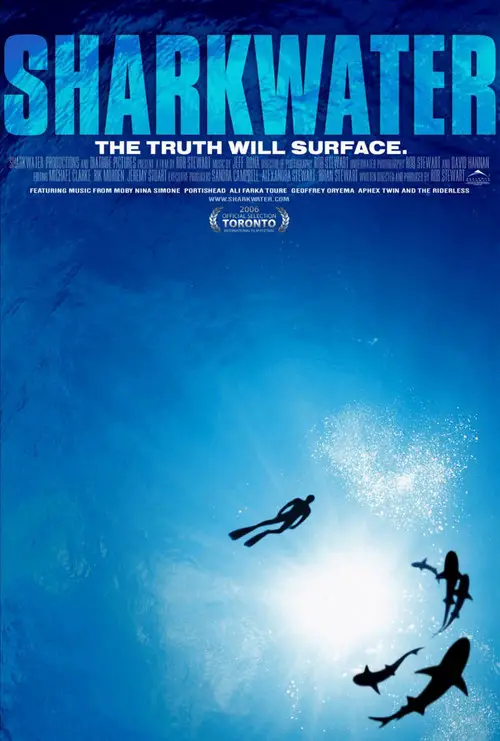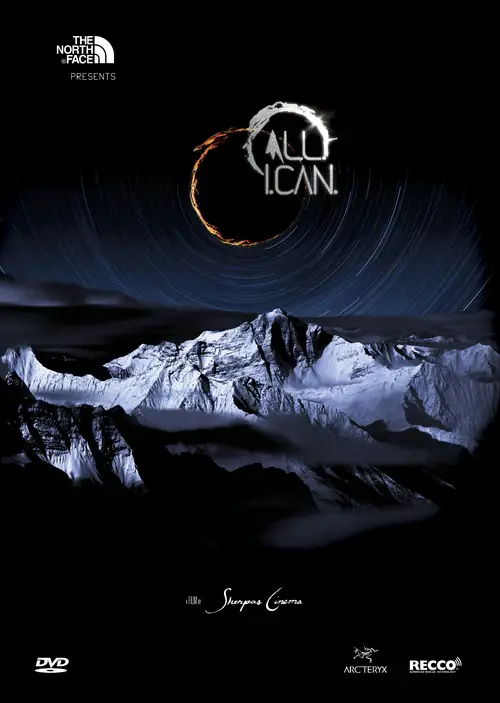Revolution (2013)
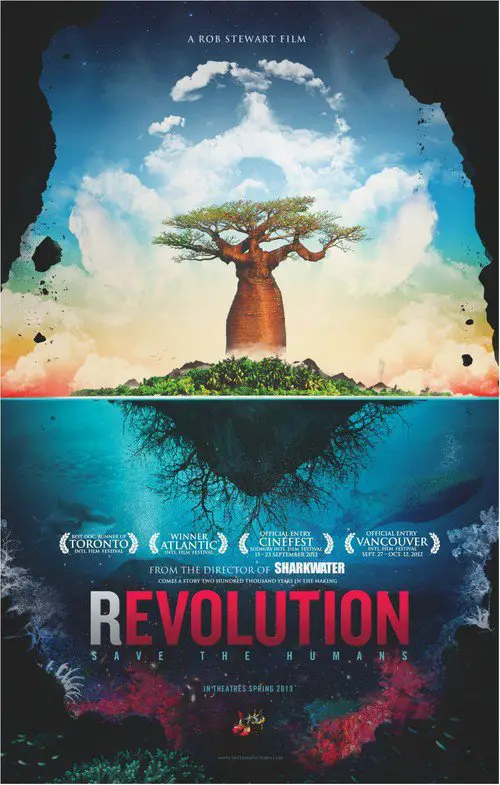
Similar movies
Most people don't think about singing when they think about revolutions. But song was the weapon of choice when, between 1986 and 1991, Estonians sought to free themselves from decades of Soviet occupation. During those years, hundreds of thousands gathered in public to sing forbidden patriotic songs and to rally for independence. "The young people, without any political party, and without any politicians, just came together ... not only tens of thousands but hundreds of thousands ... to gather and to sing and to give this nation a new spirit," remarks Mart Laar, a Singing Revolution leader featured in the film and the first post-Soviet Prime Minister of Estonia. "This was the idea of the Singing Revolution." James Tusty and Maureen Castle Tusty's "The Singing Revolution" tells the moving story of how the Estonian people peacefully regained their freedom--and helped topple an empire along the way.
When National Geographic photographer James Balog asked, âHow can one take a picture of climate change?â his attention was immediately drawn to ice. Soon he was asked to do a cover story on glaciers that became the most popular and well-read piece in the magazine during the last five years. But for Balog, that story marked the beginning of a much larger and longer-term project that would reach epic proportions.
Humanityâs ascent is often measured by the speed of progress. But what if progress is actually spiraling us downwards, towards collapse? Ronald Wright, whose best-seller, âA Short History Of Progressâ inspired âSurviving Progressâ, shows how past civilizations were destroyed by âprogress trapsââalluring technologies and belief systems that serve immediate needs, but ransom the future. As pressure on the worldâs resources accelerates and financial elites bankrupt nations, can our globally-entwined civilization escape a final, catastrophic progress trap? With potent images and illuminating insights from thinkers who have probed our genes, our brains, and our social behaviour, this requiem to progress-as-usual also poses a challenge: to prove that making apes smarter isnât an evolutionary dead-end.
Videograms of a Revolution is a 1992 documentary film compiled by Harun Farocki and Andrei UjicÄ from over 125 hours of amateur footage, news footage, and excerpts from the Bucharest TV studio overtaken by demonstrators as part of the December 1989 Romanian Revolution. In 2004 the Austrian Film Archive selected the documentary as part of its Die Utopie Film program for The Best 100 in Film History list.
2012 - no other date in the near future seems to be as important. In addition to many fictional natural disasters (like Emmerich's 2012) that refer to the end of a great cycle as mentioned in the ancient Mayan calendar, more and more people also predict a spiritual revolution that the earth is about to face. In REVOLUTION 2012, the biophysicist Dieter Broers verifies on the basis of scientific research results of different special fields, a spectacular connection between the solar activities, the geomagnetic field and the human psyche. It is not an accident that NASA keeps warning of the next solar maximum, which is expected around the years 2012 and 2013.
The story of Franklin's epic life from humble beginnings to fame as a scientist, founding father and America's first diplomat to France. Let The Experiment Be Made (1706 - 1753) Franklin quickly rises to prominence as a printer and publisher in Philadelphia. His discoveries in the new science of electricity help free the world from the harmful effects of lightning and propel Franklin onto the world stage. The Making Of A Revolutionary (1755 - 1776) In London, Franklin finds himself in the midst of a growing dispute between England and the colonies, a dispute that turns this loyal subject of the British empire into a revolutionary and causes a tragic break with his own son. The Chess Master (1776 - 1790) Franklin embarks on the most important mission of his long life when he becomes diplomat to France during the American Revolution. After the war, he plays a critical role in creating the U.S. Constitution and becomes the only founding father to actively campaign against slavery.
The anger and outrage captured by graphic artists have defined revolutions through the centuries. Printmakers have depicted the human condition in all its glories and struggles so powerfully that perceptions, attitudes and politics have been dramatically influenced. And the value and impact of this art is even more important today. In the new documentary, ART IS... THE PERMANENT REVOLUTION, three contemporary American artists and a master printer help explain the dynamic sequences of social reality and protest. Among the wide range of 60 artists on display are Rembrandt, Goya, Daumier, Kollwitz, Dix, Masereel, Grosz, Gropper, and Picasso. While their stirring graphics sweep by, the making of an etching, a woodcut and a lithograph unfolds before our eyes, as the contemporary artists join their illustrious predecessors in creating art of social engagement.
Rocky Road to Dublin is a 1968 documentary film by Irish-born journalist Peter Lennon and French cinematographer Raoul Coutard, examining the contemporary state of the Republic of Ireland, posing the question, "what do you do with your revolution once you've got it?" It argues that Ireland was dominated by cultural isolationism, Gaelic and clerical traditionalism at the time of its making.
The struggle to eradicate apartheid in South Africa has been chronicled over time, but no one has addressed the vital role music plays in this challenge. This documentary by Lee Hirsch recounts a fascinating and little-known part of South Africa's political history through archival footage, interviews and, of course, several mesmerizing musical performances.
The Age of Stupid is the new movie from Director Franny Armstrong (McLibel) and producer John Battsek (One Day In September). Pete Postlethwaite stars as a man living alone in the devastated future world of 2055, looking at old footage from 2008 and asking: why didnât we stop climate change when we had the chance?
In this sequel to the award-winning Youâve Been Trumped, director Anthony Baxter once again follows American billionaire Donald Trump and a cast of other greedy characters who want to turn some of the Earthâs most precious places into golf courses and playgrounds for the super rich. From the historic site of Dubrovnik to the ancient sand dunes and rolling green hills of the seaside town of Balmedie, these tycoons bully local residents, influence governments, ignore local referendums and even meddle in national environmental policies to acquire their latest trophies. With in-depth interviews and Baxterâs expert storytelling, we learn just how devastating these golf courses can be to the surrounding countryside and water tables. In this funny, inspiring and at times heartbreaking David and Goliath story for the 21st century, the locals donât give in easily. But will their fight be enough to protect their land and traditional way of life?
When documentarian Josh Fox realizes, after much soul searching, that the answers for how to respond to the degradation of our environment cannot be found in his own back yard, he travels the world to connect with communities that are already facing grave effects of climate change. What he finds is a complicated mix of tragedy and inspiration in the various ways climate change is affecting our value systems. How to Let Go of the World delivers a sobering portrait of the state of climate change, and takes stock of what makes humans survivors, and our societies so creative and resilient.
Darwin's great insight â that life has evolved over millions of years by natural selection â has been the cornerstone of all David Attenboroughâs natural history series. In this documentary, he takes us on a deeply personal journey which reflects his own life and the way he came to understand Darwinâs theory.
A decade after An Inconvenient Truth brought climate change into the heart of popular culture comes the riveting and rousing follow-up that shows just how close we are to a real energy revolution. Vice President Al Gore continues his tireless fight, traveling around the world training an army of climate champions and influencing international climate policy. Cameras follow him behind the scenesâin moments private and public, funny and poignantâas he pursues the empowering notion that while the stakes have never been higher, the perils of climate change can be overcome with human ingenuity and passion.
One man's journey to discover the bitter truth about sugar. Damon Gameau embarks on a unique experiment to document the effects of a high sugar diet on a healthy body, consuming only foods that are commonly perceived as 'healthy'. Through this entertaining and informative journey, Damon highlights some of the issues that plague the sugar industry, and where sugar lurks on supermarket shelves.
A look at the state of the global environment including visionary and practical solutions for restoring the planet's ecosystems. Featuring ongoing dialogues of experts from all over the world, including former Soviet Prime Minister Mikhail Gorbachev, renowned scientist Stephen Hawking, former head of the CIA R. James Woolse
This may be the one of the most important Horizon films of recent years. Climate scientists have just discovered a phenomenon that threatens to disrupt our world. It may already have contributed to the deaths of hundreds of thousands through drought and famine. Unchecked, it will strike again. The good news is that there is a cure. The bad news is that the cure may be worse than the disease. If they are right, then in tackling the one problem, we may unleash a climate catastrophe on our planet. This is a film about stark choices and about the dawning realisation that all our predictions about the world's climate may be completely wrong. At its heart is something that scientists are calling "global dimming".
Imagine an ocean without fish. Imagine your meals without seafood. Imagine the global consequences. This is the future if we do not stop, think and act.In the film we see firsthand the effects of our global love affair with fish as food.It examines the imminent extinction of bluefin tuna, brought on by increasing western demand for sushi; the impact on marine life resulting in huge overpopulation of jellyfish; and the profound implications of a future world with no fish that would bring certain mass starvation.Filmed over two years, The End of the Line follows the investigative reporter Charles Clover as he confronts politicians and celebrity restaurateurs, who exhibit little regard for the damage they are doing to the oceans.Filmed across the world â from the Straits of Gibraltar to the coasts of Senegal and Alaska to the Tokyo fish market â featuring top scientists, indigenous fishermen and fisheries enforcement officials, The End of the Line is a wake-up call to the world.
Itâs simple math: we can burn less than 565 more gigatons of carbon dioxide and stay below 2°C of warming â anything more than that risks catastrophe for life on earth. The only problem? Fossil fuel corporations now have 2,795 gigatons in their reserves, five times the safe amount. And theyâre planning to burn it all â unless we rise up to stop them.
The atomic bomb, the specter of a global nuclear holocaust, and disasters like Fukushima have made nuclear energy synonymous with the darkest nightmares of the modern world. But what if everyone has nuclear power wrong? What if people knew that there are reactors that are self-sustaining and fully controllable and ones that require no waste disposal? What if nuclear power is the only energy source that has the ability to stop climate change?
Dorjee Sun, a young Australian Entrepreneur, believes there's money to be made from protecting rainforests in Indonesia, saving the orangutan from extinction and making a real impact on climate change. Armed with a laptop and a backpack, he sets out across the globe to find investors in his carbon trading scheme. It is a battle against time. Achmadi, the palm oil farmer is ready to set fire to his land to plant more palm oil, and Lone's orangutan centre has reached crisis point with over 600 orangutans rescued from the fires. The Burning Season is an eco-thriller about a young man not afraid to confront the biggest challenge of our time.
The White Planet or in French, La Planète Blanche, is a 2006 documentary about the wildlife of the Arctic. It shows interactions between marine animals, birds and land animals, especially the polar bear, over a one year period. The fragility of the Arctic is hinted at as a reason to prevent climate change. It was nominated for the Documentary category in the 27th Genie Awards in 2007.
A 2004 Pentagon report warns the US President that an abrupt climate change will take the planet earth on the brink of anarchy and nuclear war for access to basic resources like food and water. "2050" approaches the climate change issue from the perspective of the consequences for our civilization and the short time we have to react.
Professor Alice Roberts journeys 40,000 years back in time on the trail of the great beasts of the Ice Age in this BBC documentary miniseries. It begins in the land of the sabre-tooth; North America, a continent that was half covered by ice. Alice traces the movements of Ice Age beasts like bear-sized sloths, vast mammoths and the strange beast known as the glyptodon. These leviathans were stalked by the meanest big cat that ever: Smilodon fatalis. In the Land of the Cave Bear, Alice ventures to the parts of the northern hemisphere, hit hardest by the cold. High in the mountains of Transylvania, a cave sealed for thousands of years reveals grisly evidence for a fight to the death between two staving giants, a cave bear and a cave lion. Yet Alice discovers that for woolly rhinos and woolly mammoths, the Ice Age created a bounty. In the final installment, Alice sets off on her last voyage back to the Ice Age to discover why the giants of the age went extinct.
The made-for-cable documentary film The Real Eve is predicated on the theory that the human race can be traced to a common ancestor. The mitochondrial DNA of one prehistoric woman, who lived in Africa, has according to this theory been passed down from generation to generation over a span of 150,000 years, supplying the "chemical energy" to all humankind.
A revealing look at the outspoken, flamboyant founder of the Playboy empire. With humor and insight, the film captures Hefner's fierce battles with the government, the religious right and militant feminists. Rare footage and compelling interviews with a remarkable who's who of 20th Century American pop culture, present a brilliant and entertaining snapshot of the life of an extraordinary man and the controversies that surrounded him.
Jackass 3D is a 3-D film and the third movie of the Jackass series. It follows the same premise as the first two movies, as well as the TV series. It is a compilation of various pranks, stunts and skits. Before the movie begins, a brief introduction is made by Beavis and Butt-head explaining the 3D technology behind the movie. The intro features the cast lining up and then being attacked by various objects in slow-motion. The movie marks the 10th anniversary of the franchise, started in 2000.
Taking Liberties Since 1997is a documentary film about the erosion of civil liberties in the United Kingdom and increase of surveillance under the government of Tony Blair. It was released in the UK on 8th June 2007. The director, Chris Atkins, said on 1 May that he wanted to expose "the Orwellian state" that now threatened Britain as a result of Mr Blair's policies.
The hottest summer in years: Meteorologist Jan returns from Oklahoma, where he has studied twisters up close, after faring a traumatic catastrophe during his dangerous research. Back in Berlin, he comes to face with his past and his ex-girlfriend Eva, who he had left behind. He clashes with his father, head of the local weather institute, and only his blind sister Sophie still seems to trust him. But no longer is Jan in town that an unusual cold front approaches the city. Immediately Jan recognizes the familiar warning signs of impending doom. He tries to alert the officials, but is ignored by both his father and the government. He is later proven right, and a tornado devastates Berlin. Jan tries to save the people he loves so dearly, even if it means sacrificing his own life
Mother, the film, breaks a 40-year taboo by bringing to light an issue that silently fuels our largest environmental, humanitarian and social crises - population growth. Since the 1960s the world population has nearly doubled, adding more than 3 billion people. At the same time, talking about population has become politically incorrect because of the sensitivity of the issues surrounding the topic- religion, economics, family planning and gender inequality. The film illustrates both the over consumption and the inequity side of the population issue by following Beth, a mother, a child-rights activist and the last sibling of a large American family of twelve, as she discovers the thorny complexities of the population dilemma and highlights a different path to solve it.
African Cats captures the real-life love, humor and determination of the majestic kings of the savanna. The story features Mara, an endearing lion cub who strives to grow up with her motherâs strength, spirit and wisdom; Sita, a fearless cheetah and single mother of five mischievous newborns; and Fang, a proud leader of the pride who must defend his family from a once banished lion.
In 2005, a small group of scientists and filmmakers agreed to leave everything behind for more than a year to sail to the Antarctic and live in isolation. Following in the path of the greatest explorers, expedition leader Jean Lemire and the crew of the Sedna IV dedicated themselves completely to measuring the threat posed by global warming in a place where Earth is particularly vulnerable. The resulting film, is a record of their incredible 430-day journey that inspires equal measures of fear and admiration. Alternating between captivating images of beauty and serenity, and spine-tingling sequences where the ship's crew finds itself on the edge of catastrophe, this is an expedition where danger and wonder are inextricably linked.
Joaquim Pinto has been living with HIV and VHC for almost twenty years. âWhat now? Remind Meâ is the notebook of a year of clinical studies with toxic, mind altering drugs as yet unapproved. An open and eclectic reflection on time and memory, on epidemics and globalization, on survival beyond all expectations, on dissent and absolute love. In a to-and-fro between present and past memories, the film is also a tribute to friends departed and those who remain.
The time has come for a ski film that stands for something. Join us as we unite spectacular cinematography with creative cinematic language to fuse our passion for skiing with our potential to help the environment. In bringing the planet to life and drawing parallels between our daily existence, we find common ground between the global situation and the real individual. Epic natural cinematography, ground breaking skiing from Chile to Greenland, and an environmental engagement that creates an accessible identification point for the viewer, leaving them with an inspiring new perspective.
© Valossa 2015–2026
| Privacy Policy
